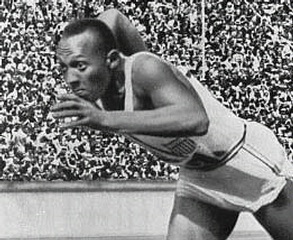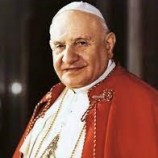If someone suddenly passes you by on the street in a headlong rush, no need to run after, believing him to be a fleeting perpetrator. If you shout for the police, you may be making a mistake. It may just be someone preparing for the 1916 Olympics in Rio…
The Olympic ideal reveals an optimistic view of man: “taller, faster, stronger,” Altius , Citius, Fortius, in the Latin words of Baron de Coubertin. For the backdrop, an act of faith in the undying human capacity for triumph, as if human limits were nonexistent. Something similar to the impulse that led Icarus to the heights of greatness. Let’s just consider his fatal outcome to be a simple occupational hazard.
The psychological profile of the athlete may point to a few dashes of exhibitionism. After all, his innermost dream is to finish on the podium, crowned with laurels and, today, in gold as well. In full view of the world, amid applause and cheers, photographed and exalted in the headlines and TV screens, the winner beckons the enthusiastic audience, hurls out kisses and dreams to the receiving end. In the background, the competitor yearns for his twenty seconds of adoration, garbed as a demigod.
The truth is that this dream is a democratic one. Anyone can feed it. In our day and age, even the so-called “disabled” are invited to demonstrate their “ability” in the Paralympic Games, where heroes are born of more profound limitations. Who doesn’t feel moved at the sight of wheelchair basketball and soccer for the blind?
Which brings us to another remarkable aspect of the psychology of the athlete: asceticism, self-sacrifice in the strive for perfection. Today it is even argued that the old asceticism of saints and hermits was restricted to athletes and sportsmen, manifest in the hardness of the training, the sober life, in ruptured muscles, day-to-night dedication in the search for better marks and results. These are the true “sacrifices” freely given in the name of the Olympic spirit. For this spirit, careers are abandoned, graduations held in check, brides forgotten…
Of course, like everything on this smoky planet, there is the dark side to the story. The unfortunate fraud of dropping: the use of illegal substances to enhance performance and break records. There is also the political use of the athlete. The 1936 Olympics in Berlin was intended to demonstrate the superiority of the Aryan race by score results, a pretense soon crushed by the African American Jesse Owens in the 100 yard dash. More recently, in the cold war, the Soviet bloc athletes were given equestrian doses of hormones, which resulted in many victories, changes in sexual characteristics and terminal cancers.
In the end, we are all mortals, even the Olympics heroes. After his victory, Jesse Owens made his living by exhibitions, racing against local athletes and even against horses. A smoker, he died on March 31st, 1980 at the age of seventy-six from lung cancer.
Stopped at a red light, a future competitor flashes by. Don’t laugh at him. We don’t notice on the outside, but in his heart burns the same fire that Prometheus stole from Olympus. He has not resigned to not being a god. If it were up to this mere mortal, we would all be gods. Even if with a carbon prosthesis were substituting his normal legs, he would go on running, leaping over obstacles, crossing barriers.
And do you know why? He is human…
Related Articles

















Comments